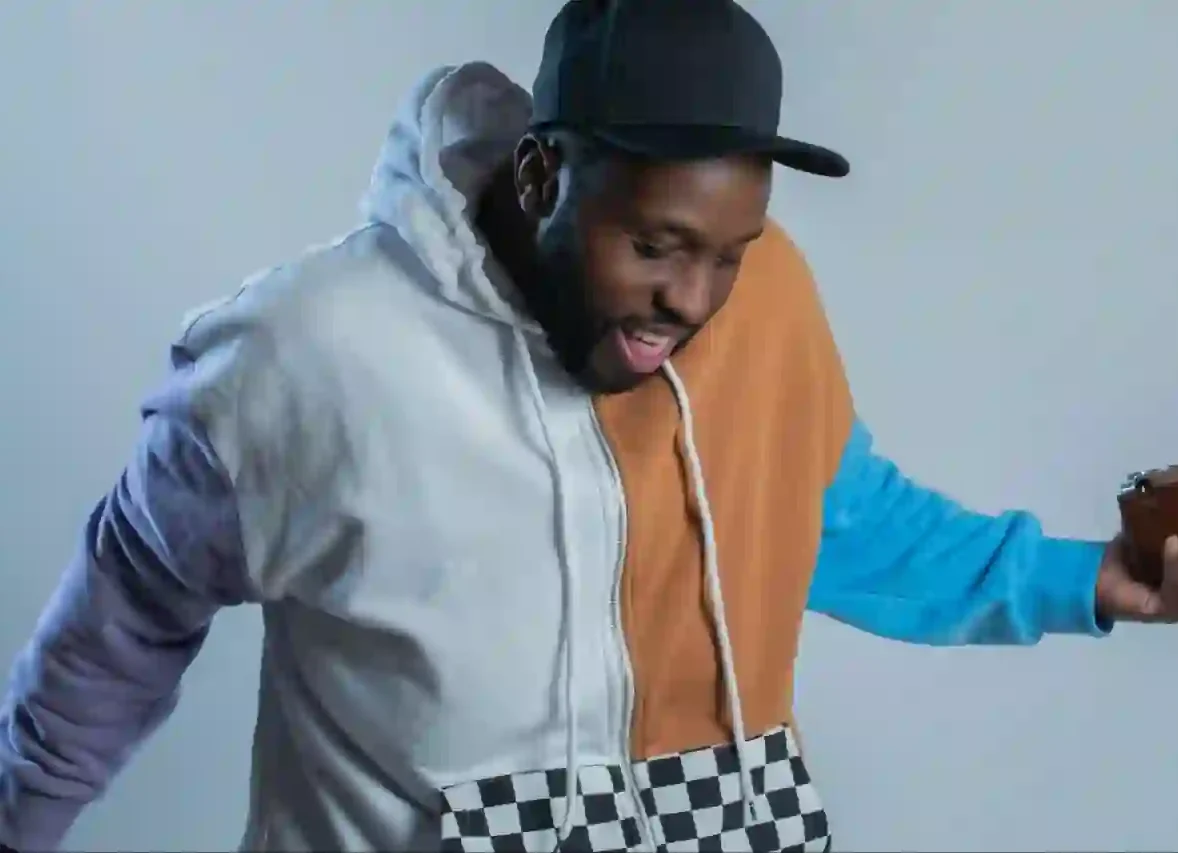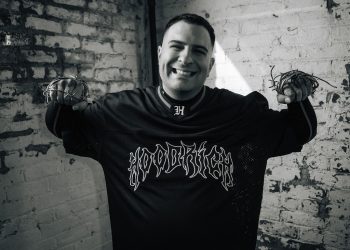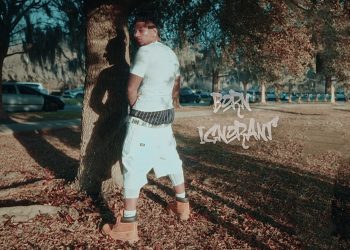
In 2025, when algorithms still try to file every artist into a tidy box, Stephen Thomas is busy kicking the edges off the box entirely. The Charleston, West Virginia native and five-time Grammy-considered artist, recently named an “Artist to Watch in 2025” by The Source, has released The Universal Me, a five-track EP that refuses to pick a lane. It moves fluidly through R&B, country, pop, hip-hop, and alt-rock, not as a sampler platter but as a single, lived story told in many accents. Thomas calls it his most ambitious work to date, and the audience response backed him up: streams topped 130,000 within hours and began climbing toward the millions.
What makes this project feel different from a marketing line about “genre-bending” is that Thomas isn’t bending genres for novelty. He’s restoring lost parts of himself. Early in his career, after signing with SkeeloMusik/Sony RED in 2013 and later building at Creative Hearts Entertainment, he felt the familiar industry pressure to “stick to hip-hop.” Then came a series of creative decisions that mattered more than any format. He followed the emotion first, let the production catch up, and found that listeners connected most when he refused to edit himself. Singles like “Back Home” (Top 60 at Active Rock Radio and 500,000 TikTok views in 24 hours) and “Stay Strong” (a tribute to military personnel and autoimmune warriors that landed on major editorial playlists across Spotify, Amazon Music, and Tidal) became proof points. Authenticity wasn’t just an artistic ideal; it was an audience magnet.
The Universal Philosophy
Thomas has a name for the approach: the Universal genre. It isn’t a category so much as a permission slip, make what the truth demands and let style be the servant, not the master. “I realized I was cutting off parts of myself by staying in one lane,” he says. “The Universal Me is me owning every side of who I am… proving that music has no limits when it comes from the heart.” That attitude, more than any sonic trick, is the spine of the EP.
It helps that Thomas’s roots are already plural. Charleston sits in a state that calls itself “wild and wonderful,” and his household soundtrack reflected it. His father loved Randy Travis. Thomas later flipped remixes of Carrie Underwood and Darius Rucker. Country storytelling lived right alongside the R&B cadences he gravitated to and the hip-hop swagger he honed. That DNA shows up on “Come Home to Me,” which marries Nashville melodicism to a soul-leaning vocal, and on “Breaking Hearts,” a raw breakup cut that lets vulnerability be loud.
Respecting the Roots, Rewriting the Chapter
One of Thomas’s strongest instincts is to honor a foundation without becoming a preservation project. On “Outstanding,” a collaboration with DJ Unk, he tips his hat to The Gap Band while giving the record a modern swing that belongs to now. On “Strange Love,” he wrestles with the thrill and dysfunction of contemporary relationships, timeless subject matter filtered through a present-tense lens. The comparisons he attracts: MGK, Jelly Roll, Carrie Underwood, Shaboozey, are less about mimicry than method. He studies the “DNA” of each style, then makes choices that keep him relatable and unique. As he puts it, “Don’t be so original that you’re not relatable.” It’s a useful north star for an artist who can cross seven genres without losing his voice.
From Viral Moments to Real-World Reach
For Thomas, virality isn’t the point, it’s the megaphone. Social media lets him narrate the why behind the songs and meet listeners where they already live, whether they arrive for rock guitars, country choruses, or R&B cadences. But the career he’s building doesn’t stop on a screen. National touring, performances alongside iconic names, and red-carpet visibility at events like the BET Live Experience have reinforced his presence far beyond feeds. Add coverage from MTV, Revolt TV, and Vibe, and the signal is clear: the audience for borderless music isn’t niche; it’s broad, if the work is honest.
Craft Before Category
What listeners may not see is the discipline underneath the daring. The Universal Me isn’t a collage made for shock value; it’s the result of a writing process that starts with the feeling and builds out. Thomas begins with the story he must tell, then allows the production (drum choice, guitar tone, topline texture) to serve that story. That’s why “Breaking Hearts” lands as confession rather than form, and why “Come Home to Me” sounds like a front-porch letter even as it keeps a late-night R&B glow. The choices are personal, not performative.
A Future Without Guardrails
The industry’s genre walls are already full of doors. Playlists, short-form video, and a new generation of listeners have made it normal to pair an 808 with a steel guitar or set a bluesy vocal over alt-rock dynamics. Thomas believes that future is here now. “Listeners don’t care about boxes the way the industry used to; they just want to feel something real,” he says. His advice to artists tempted to color inside the lines: respect the roots, then write your own chapter. Fear of the unknown is not a plan.
Why The Universal Me Matters
What makes The Universal Me feel vital is not simply that it blends styles; it argues for a way of being an artist in a data-driven era. It says: tell the truth first. Let the metrics chase you. Thomas’s path, from Charleston to global media spots, from hip-hop circles to rock radio charts, shows how that choice can scale. The EP doesn’t try to settle the debate over what to call him. It invites a different question: what story is he telling, and where does it take you this time?
If the answer today is a Nashville-tinted confession, tomorrow it might be a guitar-punched anthem or a velvet R&B slow-burn. The point is not to guess the lane; it is to trust that the same voice is steering. In a landscape obsessed with categorizing sound, Stephen Thomas offers something rarer: continuity of self.
As momentum builds behind The Universal Me, he looks less like a rule-breaker and more like an artist working with a larger toolbox. The tools are country, R&B, pop, hip-hop, and alt-rock. The craft is story. The thesis is freedom. And the result is a body of work that doesn’t ask for permission to exist between worlds; it simply does, connecting people who might never share a radio preset but can recognize the rush of hearing a real feeling, well told.





